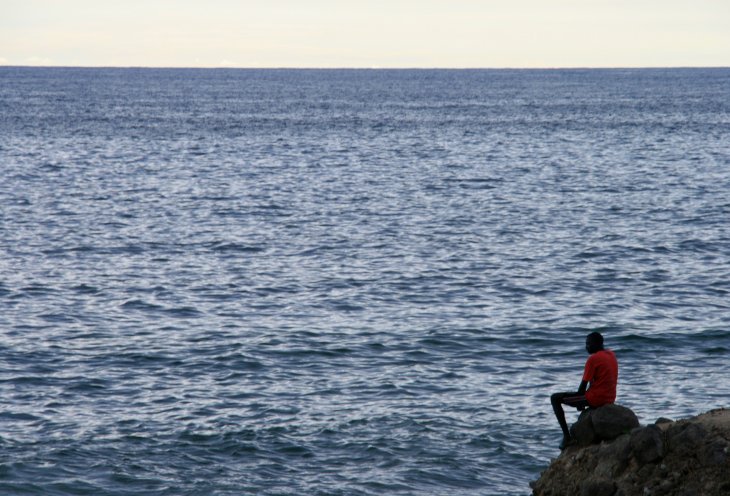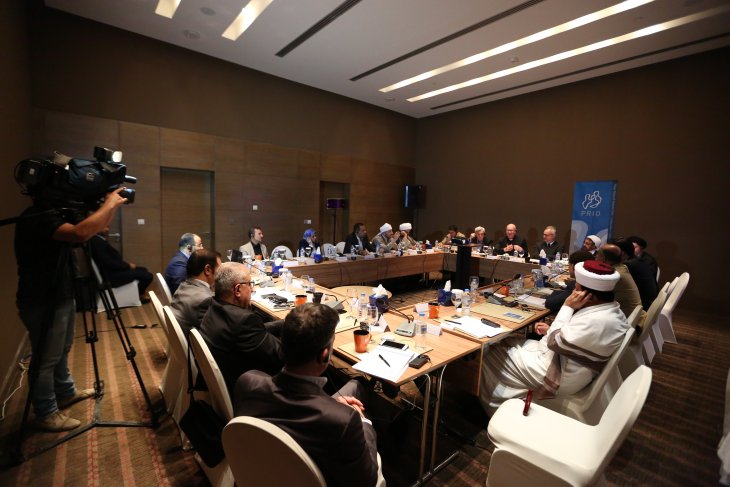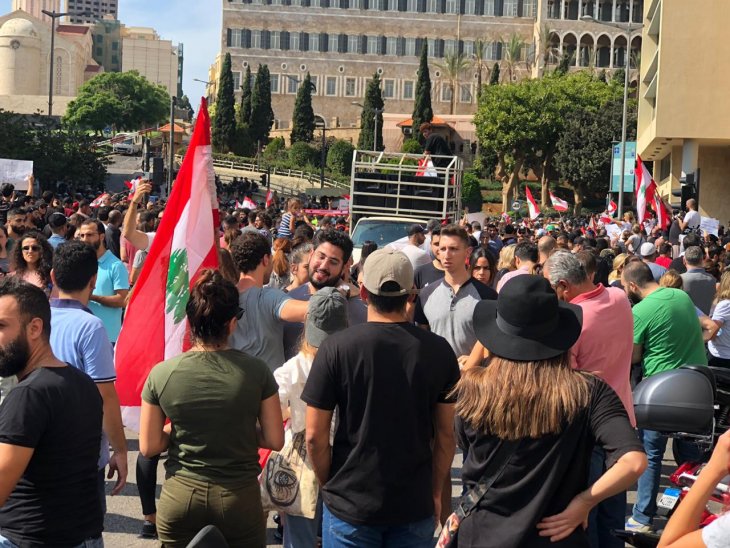On October 23, 2019, 39 bodies were found inside a refrigerator lorry on an industrial estate in Essex. The vehicle was registered in Varna, Bulgaria, had entered the UK four days before and was driven by a man from Northern-Ireland. The victims – 38 adults and a teenager – were identified as Vietnamese. This incident is just the latest example of vehicle-induced migrant mass fatalities.

Photo: Seb Creativo via Unsplash





